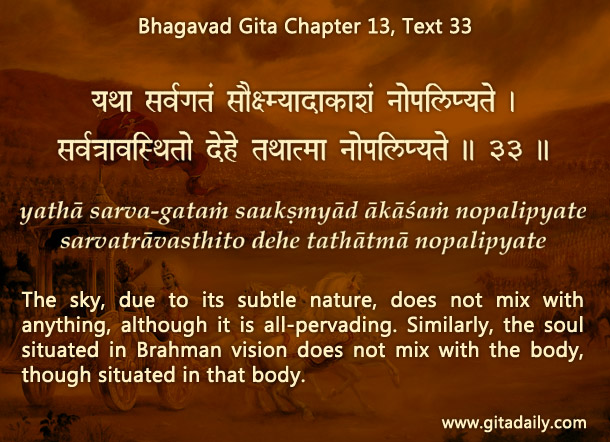Consciousness is one of the biggest unanswered questions in modern science and in modern thought at large. For centuries, thinkers have agonized over questions such as “What is consciousness? Where does it come from?”
Because intellectually satisfying answers have been so elusive, some thinkers have postulated that consciousness is too mysterious for us to comprehend. They argue, “Our human brain is wired for survival and sustenance – not for answering questions about the nature and origin of consciousness.” As they consider consciousness an unsolvable mystery, they are known as mysterians.
But mysterians end up making self-contradictory assertions. After all, how can they know that consciousness is unknowable? If they do know that much about it, that means it is not unknowable. And if they don’t know that much about it, then how does their statement about its unknowability have any credibility?
Rather than making self-contradictory knowledge claims about consciousness’ unknowability, Gita wisdom guides us towards a more coherent and experiential understanding. It explains that consciousness is the energy of the soul – it radiates from the soul and permeates the body without getting entangled with the matter that comprises the body. Using an example from the sankhya mode of analyzing the world, the Gita (13.33) states that just as ether permeates all of matter without mixing with it, so too does the soul stay disentangled.
Still, mysterians do get something right – the soul is not so easy to know. The Gita deems it inconceivable. Gita commentators clarify that inconceivability doesn’t mean utter unknowability – it means unknowability by any means other than scriptural revelation and personal realization.
By using our intelligence guided by scripture to practice the process of yoga, especially bhakti-yoga, we can realize ourselves as souls, thereby solving experientially the mystery that mysterians can’t solve intellectually.
To know more about this verse, please click on the image
Explanation of article:
Podcast:


Leave A Comment